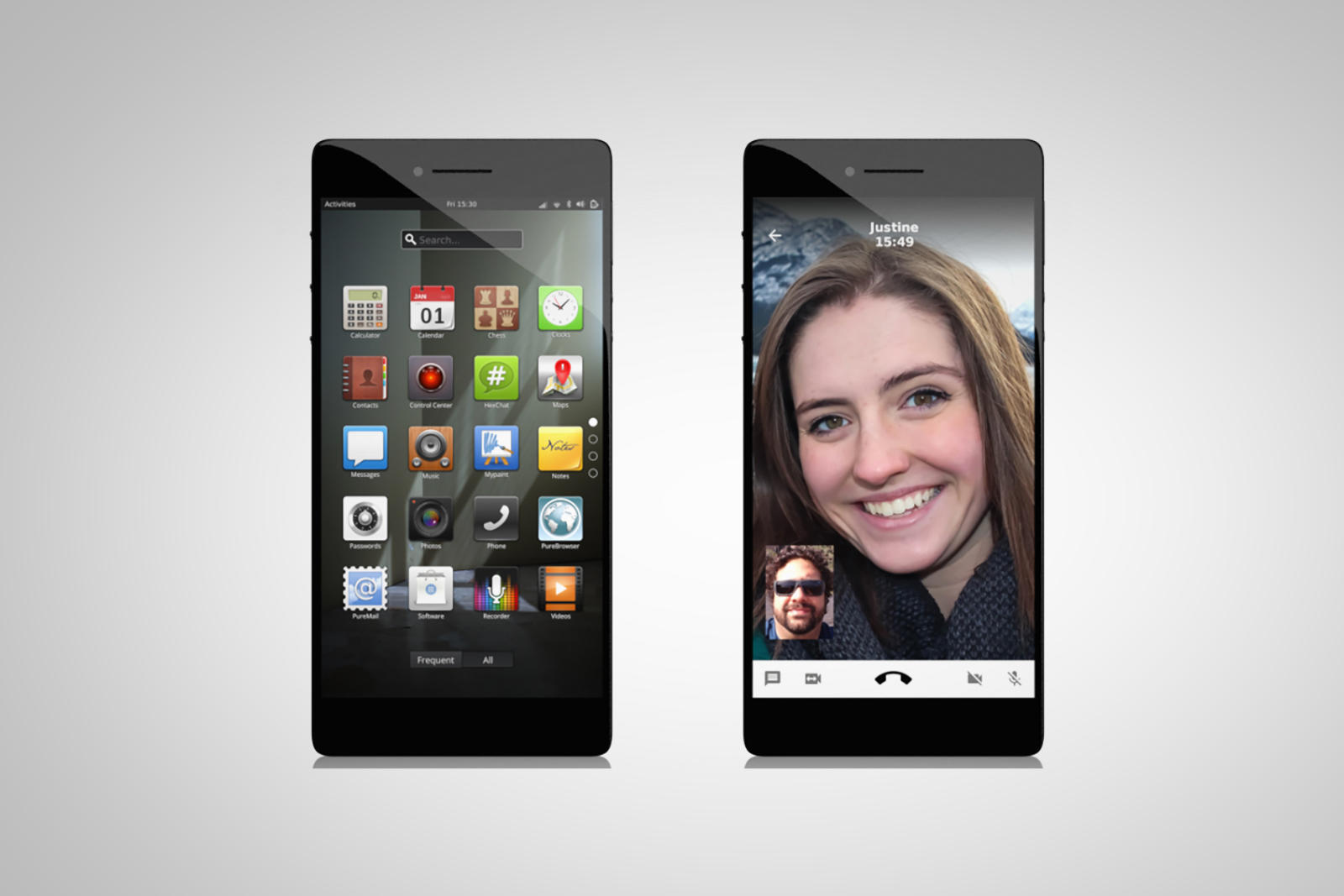One operating system for two platforms? It's an old idea, which has never worked out, but the Linux laptop and smartphone company Purism is giving it another try.
There are quite a few people out there who want the same Linux on both their smartphone and their PC. Perhaps the best known of them is Canonical's Mark Shuttleworth. He tried for years to ignite a market for Ubuntu Linux running on tablets, smartphones, and PCs. It didn't work. After years of effort, Canonical gave up on its one operating system for all platforms plans. Dreams don't die. Now, Purism, the open-source laptop and smartphone vendor, is bringing the idea back to life with future releases of its PureOS Linux distribution.
Convergent? Foster explained it means the operating system and its applications will have a "consistent look and feel, as well as the exact same functionality for apps that run on your phone and your computer."
That's easier said than done.
"It turns out that this is really hard to do unless you have complete control of software source code and access to hardware itself. Even then, there is a catch; you need to compile software for both the phone's CPU and the laptop CPU which are usually different architectures. This is a complex process that often reveals assumptions made in software development but it shows that to build a truly convergent device you need to design for convergence from the beginning," Foster said.
Since Purism builds both its own hardware and software, it's in a good position to tackle these inherent problems. Purism started in 2015 as a free-software, crowd-sourced laptop manufacturer. It's hardware is designed to be as free as possible of any proprietary firmware or binary code, popularly known as blobs. PureOS, itself, is a Debian Linux-based operating system. On it, PureOS supports the GNOME and KDE Plasma Mobile interfaces.
Put it all together and Purism has more control of the complete device stack from the chips on up to the interface than any of its competition except for Apple. But, even Apple, which has macOS for its computers and iOS for its tablets and iPhones, doesn't try to run one operating system on both hardware platforms.
With Debian as its foundation, Purism claims PureOS can run on both laptops' power-hungry and fast CPUs and smartphones' power-aware and battery-saving CPUs. It also means, Foster claimed, that "there is a large set of packaged software that 'just works' on many different types of CPUs."
Of course, just because a single application can run on different architectures without re-engineering only gets you so far. For example, an application that looks great on a laptop's 15-inch display won't be so pretty on a smartphone's 5-inch display with its very different aspect ratio.
Purism knows this. To meet the problem, Purism is using "adaptive design." Foster explained, "Purism is hard at work on creating adaptive GNOME apps -- and the community is joining this effort as well -- apps that look great, and work great, both on a phone and on a laptop. Combining the work of the free software ecosystem with Purism's contributions means we can target convergence for all our Librem hardware line: both the 13- and 15-inch laptops and the 5-inch phone."
With PureOS's adaptive code as the window resizes, the column width dynamically changes to preserve a legible line width, until the sidebar and message view don't fit at the same time. At this point the leaflet folds, only the message view is visible, and a back button is added to the header-bar, to allow navigation to the room list.
Developers will also be able to customize their applications for PureOS by using the open-source libhandy. This is a GTK+ and GNOME mobile and adaptive presentation library. It's packaged in PureOS and Debian. Programmers can also use it in flatpaks, simply by including it in your Builder flatpak manifest.
READ MORE:






.png)
Great Information sharing.I am very happy to read this article .. thanks for giving us go through info.Fantastic nice. I appreciate this post Take a look at Macy’s After Christmas 2020 Sale Get Macy’s Latest Ad Scan, Best Deals & Offers
ReplyDeleteBath and Body Works Black Friday Sale 2020
ttps://bestblackfridaydeal.net/ps4-after-christmas-sale/
Costco Black Friday Deals 2020
I am pleased to note the developments that are bringing about the convergence of the Linux OS that is able to run smoothly on both smartphones and PCs. This would ease development, enhanced security, and mitigate the necessity of various ecosystems. A students throwing him/herself into such tech-related subjects, particularly OS development, can fine-tune and organize him/her through a good dissertation help service. Such innovation definitely is worth academic focus.
ReplyDelete